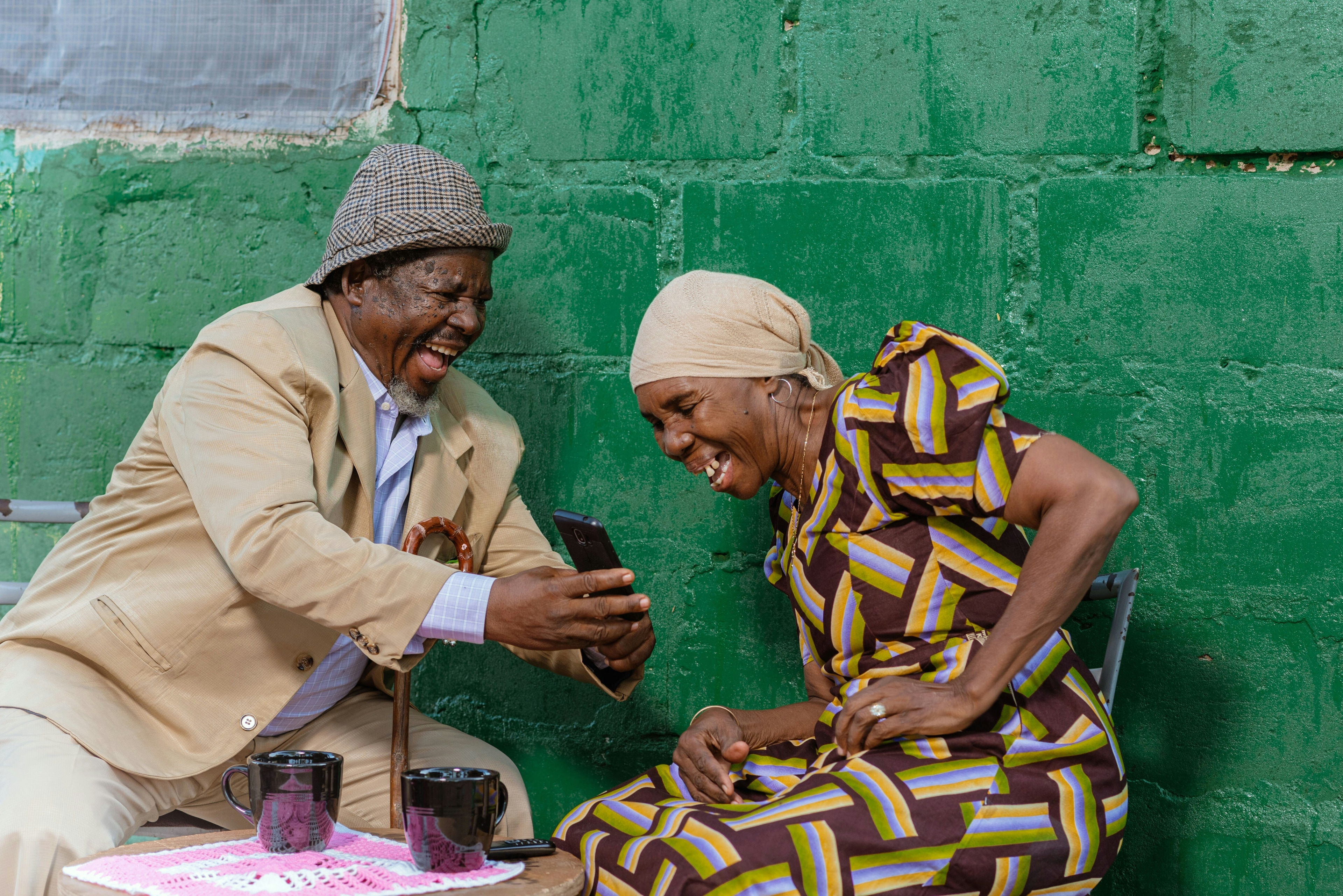3 actions companies can take now to advance human rights for LGBTIQ people globally

It's time for the private sector to sound the alarm now when it comes to human rights of LGBTIQ people. Image: UNSPLASH/Jakayla Toney
- Lesbian, Gay, Bisexual, Transgender, Intersex, and Queer (LGBTIQ) communities across the globe remain as vulnerable as ever.
- The private sector can play a big role in advancing human rights for LGBTIQ people.
- Here are three ways the private sector can act.
A core characteristic of human rights is that they belong to everyone by virtue of being human, and regardless of race, nationality, gender, disability, social status, or any other distinguishing feature. But for LGBTIQ people too often, and in too many places, this simple fact is denied.
As we approach International Human Rights Day on December 10th, it is important to pause and reflect on the levels of exclusion and marginalization many LGBTIQ people face and look for solutions. The private sector has a clear role to play.
How the private sector can support LGBTIQ rights
The private sector must double down on commitments and scale support year round. The principles and frameworks for action exist in the UN Standards of Conduct for Tackling Discrmination against LGBTI People. The tools and mechanisms which can be used exist in the UN LGBTIQ+ Standards Gap Analysis Tool.
The coalitions and networks which can provide crucial support can be found through institutions like the World Economic Forum and Partnership for Global LGBTI Equality (PGLE), among many others. The time to sound the alarm is now - on International Human Rights Day, and everyday thereafter until LGBTIQ people everywhere can live free from violence, and thrive with dignity.
Here are three actions that the private sector can take immediately to advance human rights for LGBTIQ people everywhere.
1. Increase meaningful and strategic engagement with civil society
This should include through the provision of sustained, diversified and increased financial support to international and local LGBTIQ organizations; thus building their capability to engage strategically with the private sector on programming and advocacy initiatives, and strengthen the global movement as a whole.
LGBTIQ organizations, especially in the global South and East, are underfunded, and opposition is strong. While LGBTIQ organizations in North America received $300 million in philanthropic funding in 2017-2018, ones in Africa received just $72 million, and in the Middle East and North Africa just $7 million. Meanwhile, more than $6.2 billion over the past decade has flowed to organizations which actively fight against LGBTIQ and gender equality around the world.
2. Continue to form intra-sector and cross-industry coalitions.
We are substantially more successful working together than alone. In places that are more challenging due to discriminatory legal frameworks, companies can band together and work with other sectors to devise strategies and push for progress on LGBTIQ inclusion, while minimizing risk for themselves. Businesses can and should engage small and medium sized enterprises at the country and regional levels to be effective in this work.
3. Offer support to government special envoys for LGBTIQ people.
Business can engage and support special envoys by amplifying their priorities, raising awareness about their mandates, and helping build coalitions. Where feasible, they can support diplomacy efforts and elevate systemic issues that the LGBTIQ community identifies and faces by offering resources and innovations.
A global movement to protect rights
The global movement to secure human rights for LGBTIQ people necessitates year-long action and increased support from the private sector. History bears witness to the fact that, where the private sector has stepped up support and engagement, consequential advances have emerged due to the power they have to drive change. Today, the global movement for LGBTIQ equality is under resourced in the face of fierce global opposition that cannot be ignored any longer.
On this International Human Rights Day we call on large multinational corporations to embrace a bigger role in bridging the LGBTIQ movement’s support gaps and seize the opportunity for collective action with movement stakeholders to push for global change in regions where it is most difficult. This is not only the right thing to do, which should be reason enough; but as research continues to uncover the high economic costs of discriminations, it is also a business imperative.
There is great potential for companies to accelerate law, policy, and social change globally. Let this be the time that the private sector takes global action and declares human rights for LGBTIQ people everywhere.
Don't miss any update on this topic
Create a free account and access your personalized content collection with our latest publications and analyses.
License and Republishing
World Economic Forum articles may be republished in accordance with the Creative Commons Attribution-NonCommercial-NoDerivatives 4.0 International Public License, and in accordance with our Terms of Use.
The views expressed in this article are those of the author alone and not the World Economic Forum.
Stay up to date:
Human Rights
Forum Stories newsletter
Bringing you weekly curated insights and analysis on the global issues that matter.






